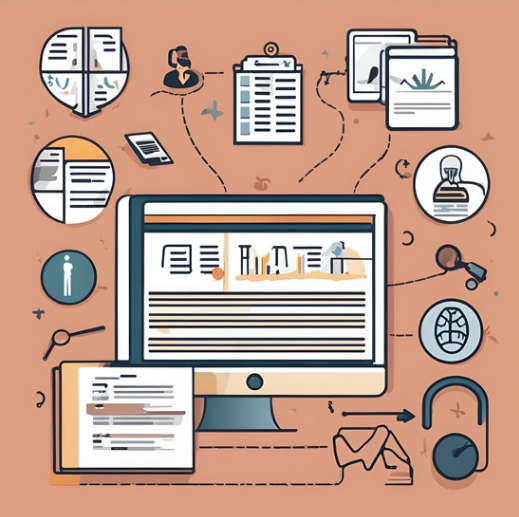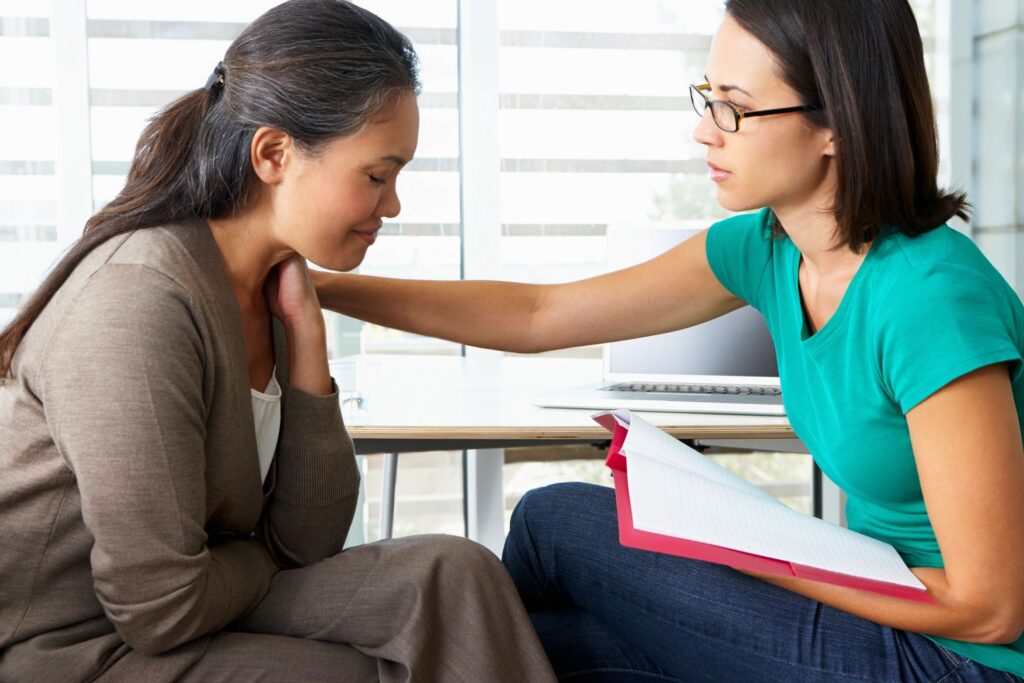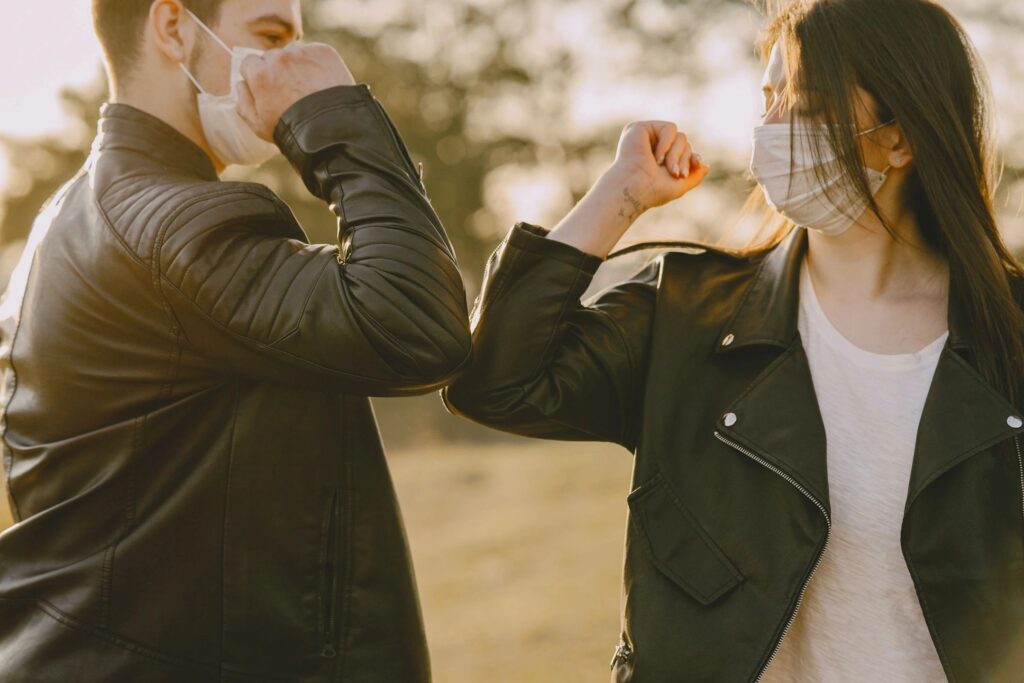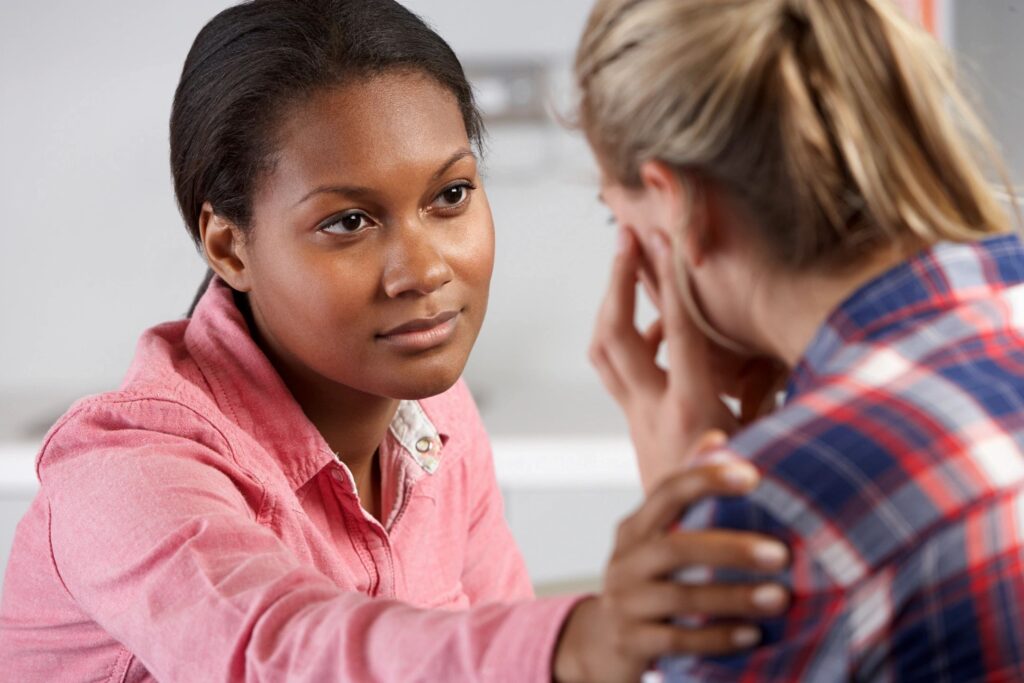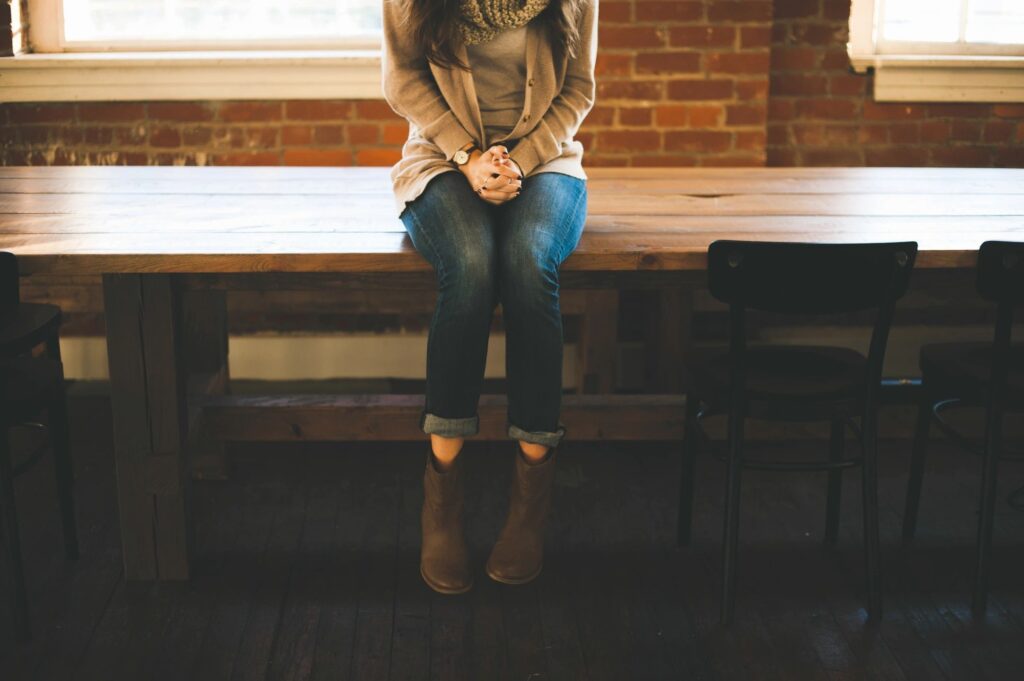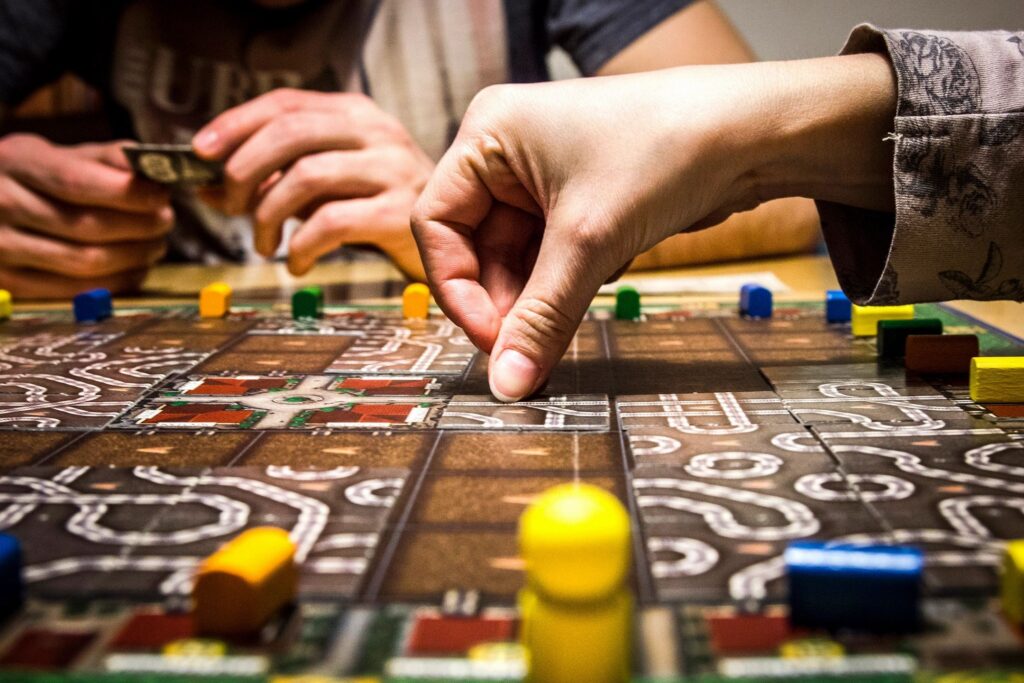Health Psychology
Telehealth is Transforming the Therapeutic Landscape
Mental health care is undergoing a transformation, with telehealth becoming an essential part of the therapeutic toolkit. The Monitor on Psychology (October 2024) highlights this shift, noting that while the use of audio-only telehealth services has declined since its peak during the COVID-19 pandemic, nearly 50% of psychologists continue to use it as a tool…
Read MorePsychology, Mental Health, and Well-Being Handouts, Worksheets, and Infographics
ADDRESSING 3D WorksheetThe ADDRESSING Model, developed by Pamela Hays, helps people understand important social identities and how they influence us. This worksheet focuses on identifying how various cultural and social identities influence us in three dimensions – our sense of self, how …Read more
Read MoreSleep and Resilience Can Form a Virtuous Cycle for Teens
Resilience, or being able to bounce back from adverse events, is a useful skill to have – if we didn’t already know that, 2020 has certainly driven the point home! Psychologists know that resilient people tend to share certain traits, such as finding meaning in events and trusting their ability to navigate challenging situations. And…
Read MoreAcceptance Can Reduce Momentary Pain
Embracing the pain might be make the pain less painful. That’s more or less the takeaway from a new study, detailed in a paper in the journal Frontiers in Psychology. In the study, researchers attached thermodes, or devices that can be used to apply varying levels of temperature, to participants’ arms. The thermodes were calibrated…
Read MoreHow to Stop Touching Your Face
Do you find your hand regularly creeping up toward your head, despite recent advice from public health experts to keep your fingers and your face firmly separated? If so, you’re not alone. Even trivial habits like touching your face can prove surprisingly hard to shake. Psychologists have spent years investigating the question of how to…
Read MoreCensus Bureau Data Shows 2020 Brought a Spike in Anxiety and Depression
From posttraumatic stress to sleep disturbances, recent studies have begun to confirm that the coronavirus pandemic has brought a range of mental health consequences. Now, an analysis of data from the US Census Bureau provides what appears to be some of the most robust evidence yet that 2020 saw a rapid decline in the United…
Read MoreOptimists Sleep Better at Night
Do you ever wake up in the night and worry about what the future might hold? Well, if you’re an optimist, maybe not. A new study published in the Journal of Sleep Research indicates that viewing the world through rose-colored glasses may go hand-in-hand with a lower risk for chronic insomnia. If that’s the case,…
Read MoreHow to Enforce Social Distancing? Your Answer Might Depend on Who’s Breaking the Rules
An ethical question raised by the pandemic is what to do about people who don’t take it upon themselves to follow public health recommendations. Generally, there are two approaches: educate people and punish them. The first involves informing people about the consequences of not following public health advice while the second is about imposing penalties…
Read MoreThe Most and Least Enjoyable Daily Activities During Quarantine
Finding activities that bring positive emotions into your life has always been important, but it gained a new urgency when daily life was turned upside down by the pandemic. With lockdowns going into effect, everyday activities like working and socializing started to look different than they had before for many people. And some entirely new,…
Read MoreLooking at the Evidence for Health Warnings on Food and Alcohol
Scientists can show that some behavior has negative health consequences, but the question then becomes how to convince the public to actually engage in that behavior less. We know, for example, that consuming too much unhealthy food and alcohol causes health problems, but that knowledge itself hasn’t put an end to health conditions caused by…
Read More
